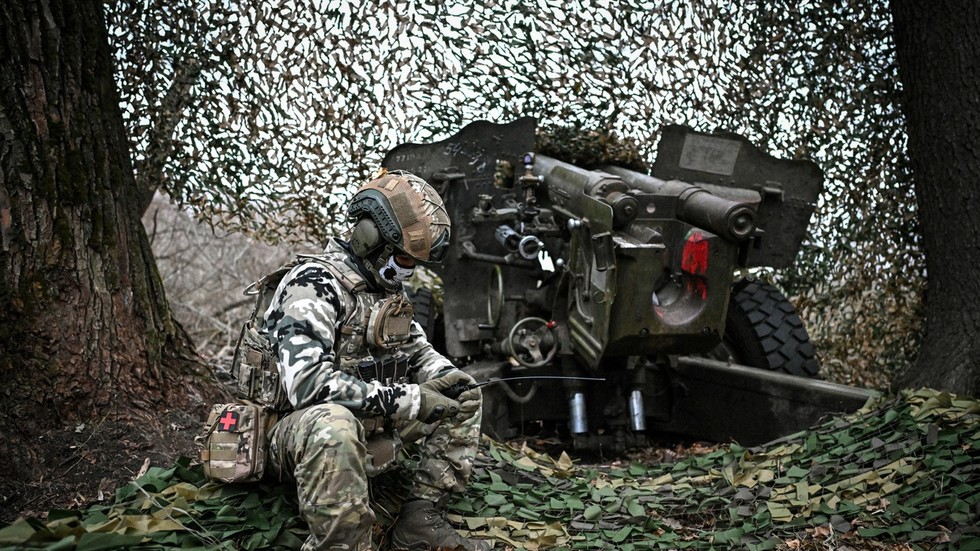Some of the scenes in the film are almost unbearable to watch. One of them features abstract sketches that detail the execution of a man in the custody of an elite unit of the Bangladeshi army.
The man is an opposition politician. The film is "Inside Bangladesh's Death Squad" by the investigative journalists Christian Caurla, Naomi Conrad, Arafatul Islam, and Birgitta Schülke.
The documentary, which was produced by DW Investigations in collaboration with DW Bengali and Netra News, a Sweden-based investigative and public interest journalism platform focusing on Bangladesh, is the first to provide evidence of targeted killings and torture by an elite unit in Bangladesh.
The film was honored in Taipei, the capital of Taiwan, with the Human Rights Press Award, one of Asia's most prestigious journalism awards.
"Investigative journalism requires courage, perseverance and outstanding journalistic skills. The DW team has demonstrated this impressively. I am proud that DW stands for this high-quality journalism. Congratulations," said DW editor-in-chief Manuela Kasper-Claridge.
How the elite force RAB terrorizes the people of Bangladesh
Rapid Action Battalion
The documentary focuses on the Rapid Action Battalion (RAB), a division of the Bangladeshi police that was created by the government with the support of Western partners after September 11, 2001.
Over time, the RAB started targeting not only militant Islamists, but others too. Suspected criminals, opposition politicians and activists, began to disappear after being picked up by the unit. Speculation that they had been executed increased.
The DW team was able to find evidence that it was not speculation. The award-winning documentary describes the unit's strategy of disguising executions by staging scenes that made the deaths appear as the result of shootouts between criminals.
"The many brave people — locals and others — who helped us tell this story on the ground also deserve this award," said journalist Birgitta Schülke.
 DW journalists Arafatul Islam, Naomi Conrad and Birgitta Schülke travelled to Bangladesh to make the filmImage: DW
DW journalists Arafatul Islam, Naomi Conrad and Birgitta Schülke travelled to Bangladesh to make the filmImage: DW'Important to bring crimes to light'
The film, as well as articles and social media posts surrounding it, have been viewed by a total of around 10 million users, most of them Bengali-speakers.
Freedom of the press in Bangladesh is restricted. Media outlets in the country have only rarely reported on the hundreds of extrajudicial killings attributed to the unit.
"This award shows that it is important for us as international media to tell the stories that would put journalists there in danger," said one of the filmmakers Naomi Conrad.
Bangladesh's score on the World Press Freedom Index published by Reporters Without Borders has dropped in recent years.
"The local media hardly report about serious human rights violations and the wrongdoings of the powerful," said Arafatul Islam from DW Bengali. "Investigations by international media such as our RAB documentary are important to bring these crimes to light."
This article was translated from German.

 5 months ago
21
5 months ago
21









